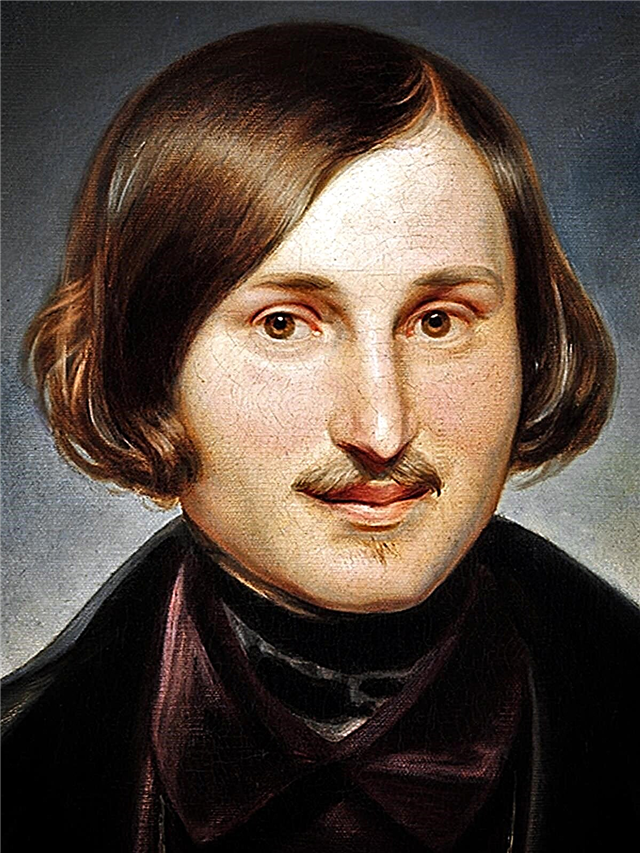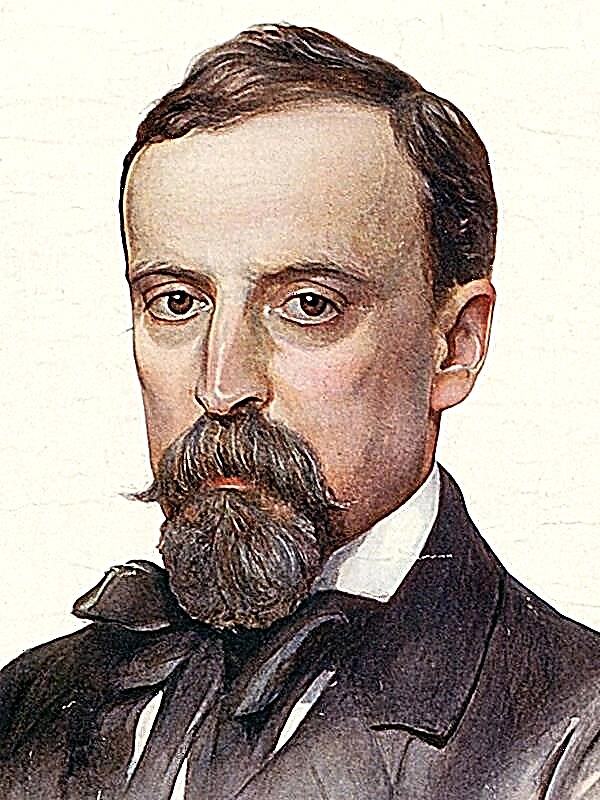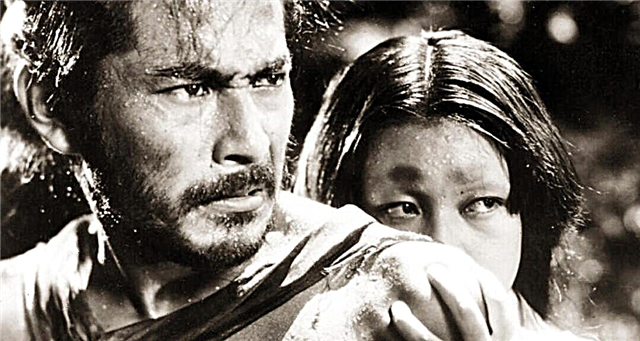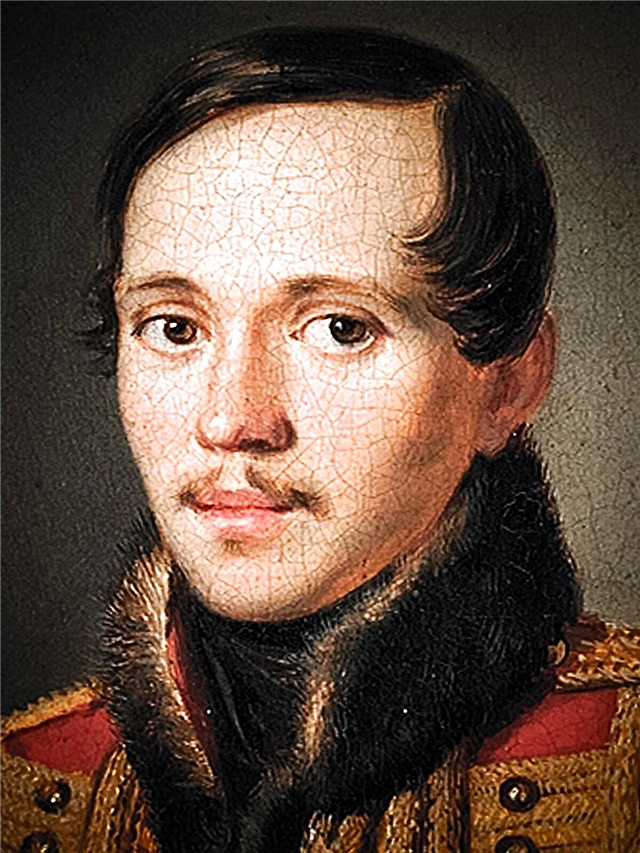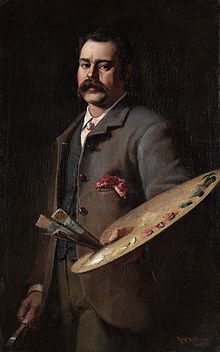“Taras Bulba” is one of N. Gogol’s most famous stories, which is part of the Mirgorod cycle. The writer talks about the Cossack invasion of the Poles and the fate of individual Cossacks, in whose lives love and hate, kindness and cruelty are closely intertwined.
- Cruelty always has terrible consequences.especially in the family. A similar example was described by N. Gogol in the novel “Taras Bulba”. The main character, a seasoned fighter Taras Bulba, meets his sons, Ostap and Andria, after studying. He almost immediately takes them to the Zaporizhzhya Sich, so that they fight along with other Cossacks for their homeland and faith. It was a very cruel act towards Bulba’s wife - she only met her children after a long separation, and Taras takes them from home to the battlefields, from where they will not return. Gogol describes the life of an unfortunate woman in sufficient detail: she rarely saw her husband who insulted and beat her, quickly grew old, and all her feelings were directed to Ostap and Andria, who had already grown up and left her. Perhaps the mother’s heart felt a tragedy: when they left, she caught up with them and stopped the horses to hug for the last time “with some kind of insane, insensitive fervor”. The cruelty of the father turned into a tragedy for the whole family: the mother lost her children, Andriy betrayed his homeland to find love and kindness elsewhere, and Ostap did not continue his family, and did not experience happiness, having lost his life in the color of his years. Having broken the family for the sake of his ambitions, Taras himself lost all his loved ones. After the death of his sons, his family died away completely.
- Cruelty is always the most obvious in war.. It is impossible not to note the fury and bloodshed of the Cossack rebellion: Gogol describes the devastating consequences of the raids of Cossacks, dead animals and people, methods of murder, torture. For example, the Pole described the execution of soldiers, among whom was Ostap, with some pleasure, without disgust and pity. Ostap in front of the crowds broke the bones of the arms and legs, and only a few averted their eyes. And during the battle, one of the Cossacks threw a lasso at the enemy’s neck and dragged him across the field. The writer condemns such cruelty, he calls torture a product of the "ferocious age" when people have not yet learned humanity. But the war left no choice for them; it hardened the participants in the massacre on both sides of the barricades. As a result, bloody clashes lasted for months and years, people who went crazy from the war could not stop the cycle of anger and rage.
- Can cruelty be justified? Hardly. However, historically, our ideas about humanity were not inherent in our ancestors. They were brought up differently, so aggression and rage were not considered immoral in them. Therefore, they cannot be blamed for cruelty. For example, one of the most memorable moments of the story is the meeting of Bulba and Andria on the battlefield after the betrayal committed by the youngest child. Andriy committed an unforgivable act - he went against his comrades, killed those with whom he shared food and shelter, out of love for a Polish girl. Taras refused to believe the rumors, but he saw his son, who fought on the side of the Poles. The protagonist quickly realized how to stay alone with him, and his comrades helped lure Andria to the forest, where there was no one else. Seeing his father, the young man realized that his death had come. He was frightened, and all his ardor passed; he was ashamed, and he was silent. Bulba, on the other hand, gazed steadily into Andria's eyes before shooting him. He asked him questions and did not hope to hear excuses - and can anything save a warrior who betrayed his faith, comrades-in-arms, family and homeland? The cruel father kills his son and leaves him unburied, but Bulba could not do otherwise. "I gave birth to you, and I will kill you!" He told him before the shot. For the old Cossack, it became a matter of honor, duty and loyalty. His action should not be condemned, because in his time the manners were different, and the man did everything right, obeying the code of honor, which was the generally accepted measure of the correctness of a particular act.
- The role of kindness in human relationships cannot be overestimated, it is priceless. Even in war this quality saves people, returns them to the ideals and values of peaceful life that were lost in the heat of bloodshed. For example, in one of the episodes of the story of Gogol, we see that it was not for nothing that Taras treasured the Cossack partnership. When he was severely hit in battle, and he lost consciousness, an old friend of Tovkach carried him out of the battlefield and, seriously wounded, drove him alone on horseback to Sich. He treated his wounds, suffered his delirium during a fever, but did not abandon it and took it to Zaporozhye. Tovkach respected the chieftain and did not want his enemies to “mock” him. And the faithful companion did not leave Bulba: he treated him “indefatigably”, found an assistant who looked after the Cossack, and thanks to the loyalty and kindness of Tovkach, two months later Taras was on his feet. Thus, it is kindness that gives and preserves the life of humanity, which often enmities with itself in fierce battles. Without it, we would have died out long ago.
- Kindness gives us the strength to live and worthy to overcome difficulties. For example, a similar situation was described by N. The main character felt his military ardor fading away - his comrades were no longer alive, the young were fighting for profit, and his brave eldest son was captured by the Poles. The old Cossack realized that he would not be able to save him, because they did not have a large and strong army to go against the Poles. But Taras couldn’t leave Ostap, so he agreed with a familiar Jew, Yankel, so that he would take him to Warsaw. There, the main character tried to arrange a meeting with his son in prison, but he was only able to see him during the execution of Ostap. Cruel torture could not break the young Cossack, but the most painful thing for him was to die among the enemies. And in a fit of despair, he exclaimed: “Old man! where are you! Do you hear? And Taras, risking his life, answered him, although he understood how dangerous and reckless it was. Most likely, thanks to the kindness and nobility of the chieftain, before the last strike, Ostap and other captured Cossacks did not feel abandoned and did not regret their fate.
Thus, N. Gogol describes magnanimity and horrors during the Cossack revolt. Famous critic G. Belinsky praised the story: “If in our time a homeric epic is possible, then here is its highest standard, ideal and prototype! ". And his words are true: “Taras Bulba” is a good example of a work where the value of fidelity and the power of kindness and the terrible consequences of cruelty are immortalized.

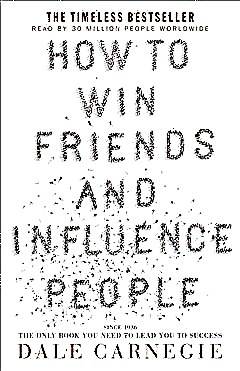
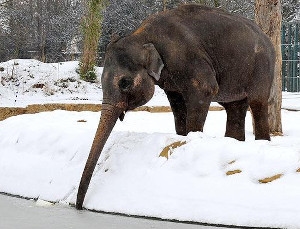
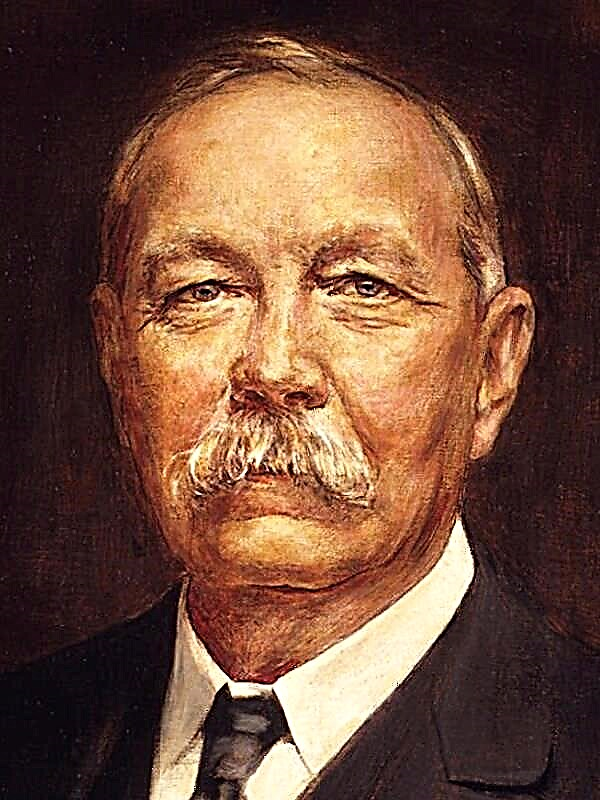
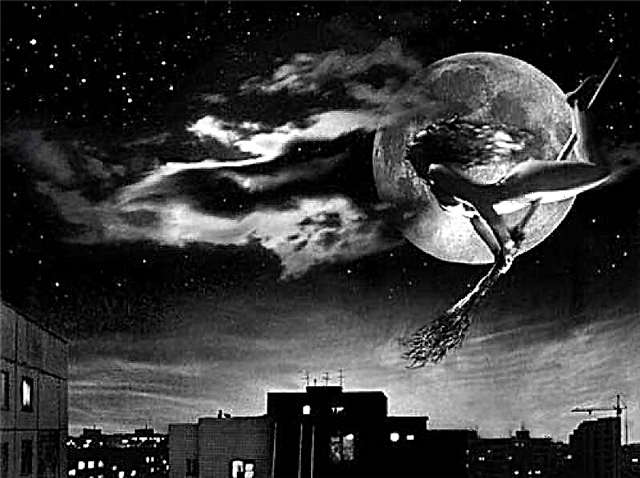

 Florville and Courval
Florville and Courval
